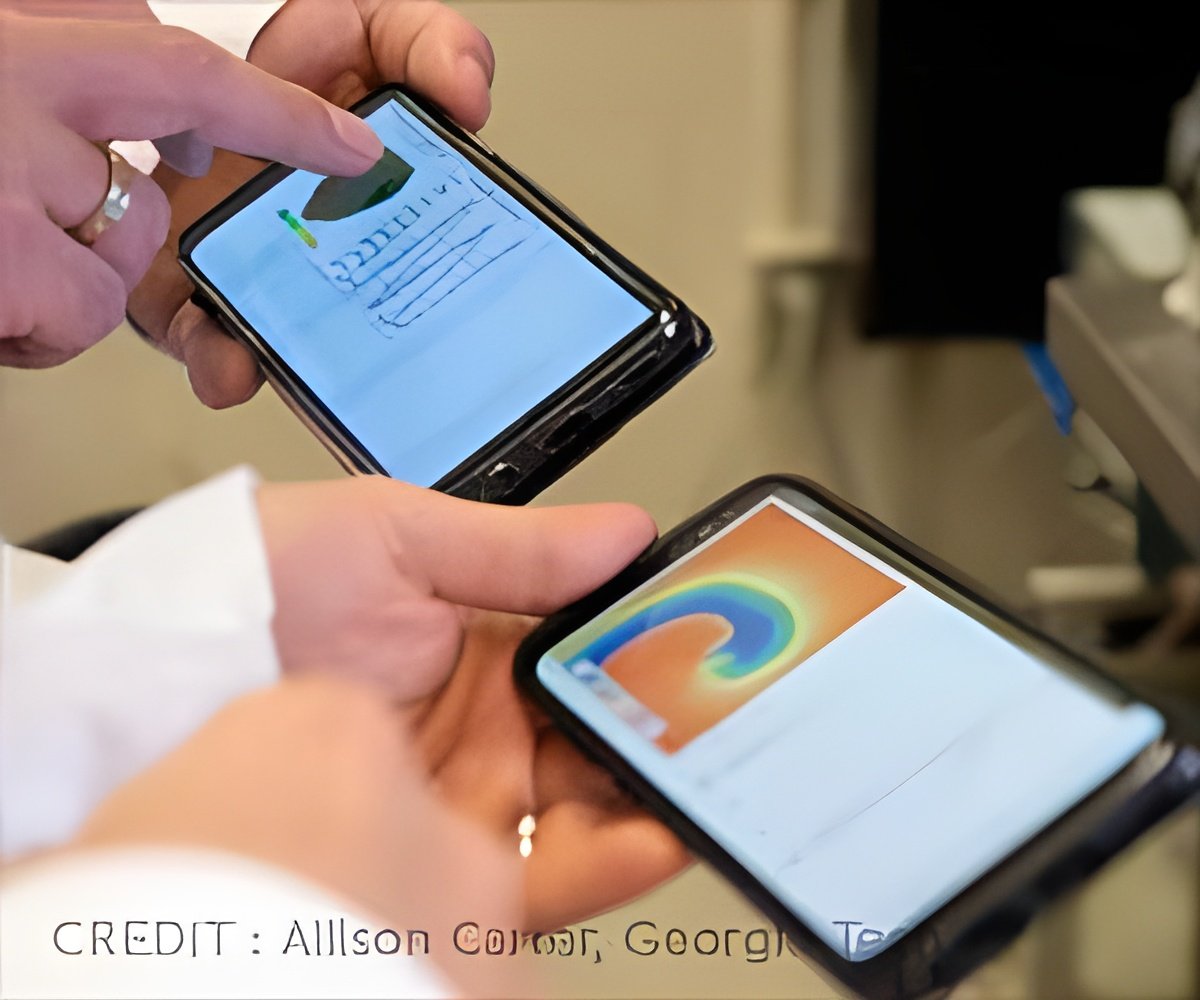
‘When media multitaskers see pictures of food, activity in the part of the brain dealing with food temptation increases and they’re likely to binge on foods without self-control.’
Tweet it Now
An upcoming print edition of Brain Imaging and Behavior will report on the study, entitled "Media multitasking is associated with higher risk for obesity and increased responsiveness to rewarding food stimuli." The research was conducted in two parts. In the first study, 132 participants between the ages of 18 and 23 completed a questionnaire assessing their levels of media multitasking and distractibility. This was done using a newly developed, 18-item Media Multitasking-Revised (MMT-R) scale. The MMT-R scale measures proactive behaviors of compulsive or inappropriate phone use (like feeling the urge to check your phone for messages while you're talking to someone else) as well as more passive behaviors (like media-related distractions that interfere with your work).
The researchers found that higher MMT-R scores were associated with higher body mass index (BMI) and greater percentage of body fat, suggesting a possible link.
In follow-up research, 72 participants from the prior study underwent an fMRI scan, during which the researchers measured brain activity while people were shown a series of images. Mixed in with a variety of unrelated photos were pictures of appetizing but fattening foods.
When media multitaskers saw pictures of food, researchers observed increased activity in the part of the brain dealing with food temptation. These same study participants, who also had higher BMIs and more body fat, were also more likely to spend time around campus cafeterias.
Advertisement
"Such links are important to establish, given rising obesity rates and the prevalence of multimedia use in much of the modern world," he said of the findings.
Advertisement
Source-Eurekalert















